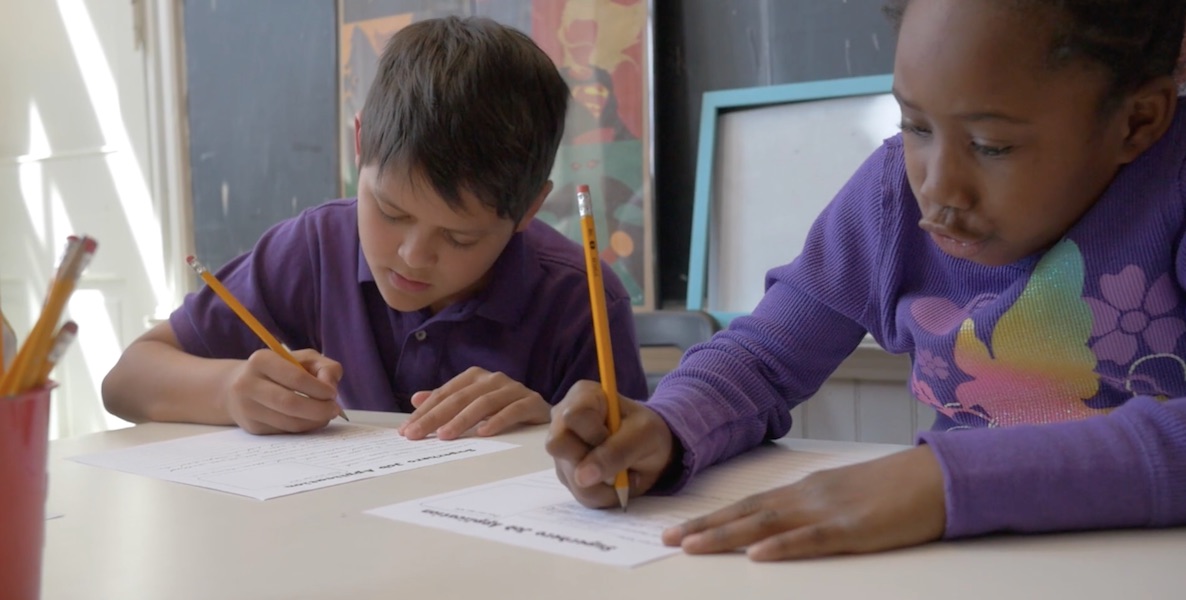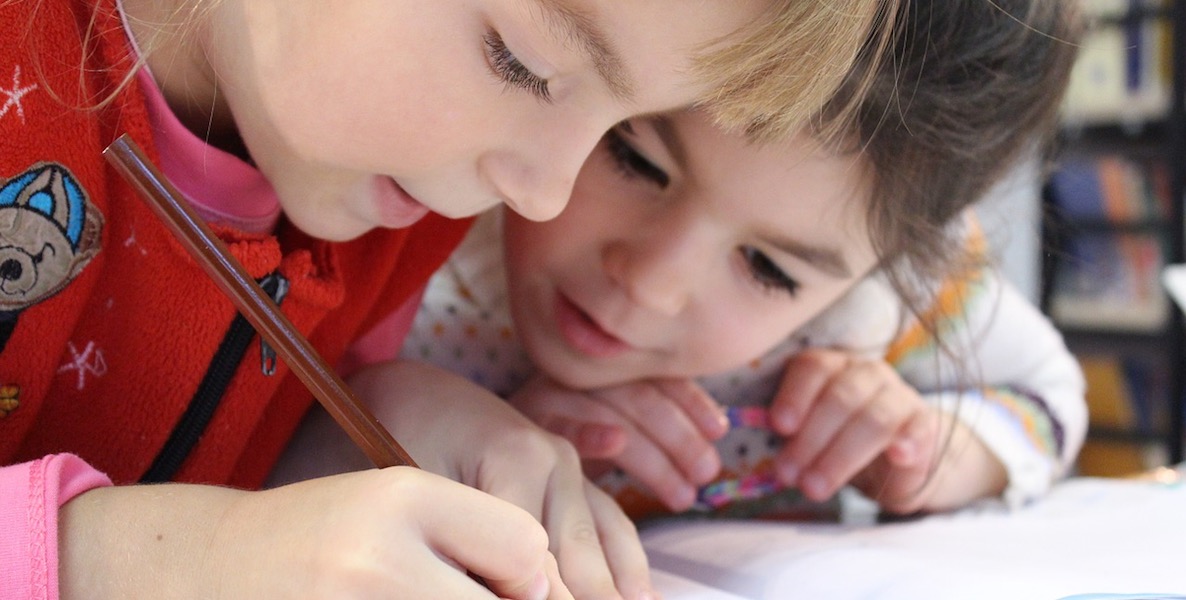Anyone anywhere who has children learns quickly this inalienable truth about humans: We are inherently, naturally and spectacularly selfish creatures. From first cry to last breath, our needs blot out everything else in what is perhaps an evolutionary necessity but is also an ingredient for an unpleasant world at best, and a dangerous one at worst.
What children do not come by naturally is empathy, the ability to understand another person’s perspective and want to help them. Empathy, as it turns out, is a skill—akin to math or science or writing—that must be taught, over and over and over. And it must be taught. Not only does empathy help turn children into more pleasing people; it also is a key to forging social connections that contribute to overall happiness and success.
No one does this better than Denmark—which is, not coincidentally, the happiest country on earth, according to a United Nations-sponsored World Happiness Report. In Denmark, empathy is taught in schools, on par with math and science and literature. As Jessica Alexander and Iben Sandahl describe in their new book, The Danish Way of Parenting: What the Happiest People in the World Know About Raising Confident, Capable Kids, Danish students spend part of every week following a deliberate curriculum to help them hone their social skills and become more generous, compassionate and socially-conscious people.
Danish children learn, from a young age, that being connected socially—and empathetically—to other people is as important as securing a high grade on their exams. They carry this with them beyond the school walls, into adulthood and their communities. It’s like counteractive programming: Yes, survival requires selfishness; but living takes something much harder—generosity.
The programs start in kindergarten, with children being shown pictures that express different emotions. They identify them, talk about what the pictured child might be feeling, and how they might help that child—teaching them how to read people’s faces as a way to understand what they’re feeling. As they get older, the curriculum ages with them. In some middle schools, Alexander and Sandahl describe, students have weekly problem-solving sessions, addressing arguments they’re having with each other, or problems they have at home, or situations they encounter at school, like bullying or cliques. They all focus on the same things: Listening to each other, working through problems as a group, and learning from other people’s experiences.
Perhaps most importantly, they learn, from a young age, that being connected socially—and empathetically—to other people is as important as securing a high grade on their exams. They carry this with them beyond the school walls, into adulthood and their communities. It’s like counteractive programming: Yes, survival requires selfishness; but living takes something much harder—generosity.
Needless to say: This does not happen in quite the same way in American schools. And Americans—no big surprise—are less empathetic. In fact, a recent study found that empathy among college students has dropped nearly 40 percent in the United States since the 1980s. Narcissism, on the other hand, is on the rise (and not just among presidential contenders).
This is bad for America—who wants to live in a country where we care less about each other, are less socially-connected, and less concerned about the affects of our actions? It is also bad for students themselves. A 20-year study of more than 700 Americans of varying races and genders from Kindergarten through age 25 found that children who could share, be helpful, solve problems on their own and understand other’s feelings were far more successful than their peers who lacked social skills. According to the study by researchers at Duke University and Penn State, those children were more likely to graduate from high school on time, complete college, get a job and maintain full-time employment at age 25. They had a lower chance of being in special ed, needing public assistance or being involved with the criminal justice system.
The conversation about schools in America has increasingly focused on the whole child—that’s the idea behind community schools—and on aspects of children’s persona beyond academics, like Angela Duckworth’s theory of GRIT, which lays out a series of traits—like passion and perseverance—that make for successful people, in school and beyond. They are beyond the scope of traditional readin’-writin’-‘rithmetic American schools, but they are increasingly seen as an important way of understanding students, and of teaching them what they need to succeed, especially in cities like Philadelphia. Often, the burden to incorporate new and more complicated ideas in education falls to already burdened teachers. In the case of empathy, the lessons shared in classroom settings work both ways: Teachers learn to understand their students better, as well, which can help them become better teachers.
A 20-year study of more than 700 Americans of varying races and genders from Kindergarten through age 25 found that children who could share, be helpful, solve problems on their own and understand other’s feelings were far more successful than their peers who lacked social skills.
The Duke/Penn State study didn’t track what happened with children before they entered kindergarten, the varying traumas and other circumstances that lead some students, particularly in urban areas, to struggle with the emotional and social skills needed to succeed. And it didn’t address the question of how to build the necessary social traits for success. That’s where the Danish come in.
This is not to say that American schools are devoid of empathy in their curricula. Literature is a window into other people’s worlds, as is history; diversity in classrooms, even of the academic achievement variety, shows children the different ways people think. Some aspects of Danish empathy education—like anti-bullying programs—are a staple of many public schools. But in America, empathy and social connectedness are usually byproducts of what kids are learning, not the end goal.
As Alexander wrote in a Salon article last week, “It’s interesting to think what implementing [empathy lessons] in the U.S. school system could do for our future. By dedicating an hour a week to teaching kids to put themselves in someone else’s shoes from the ages of 6 to16, and helping to find solutions together, what kind of changes could we bring about?”
One possibility: Understanding rather than division. Who couldn’t use more of that?
Photo header: Pixabay





